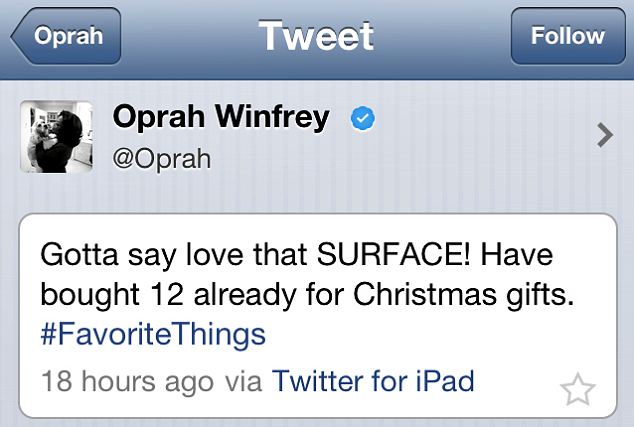Microsoft's strength has always been integration with the stack. Sure, you can name a dozen different products that can do one aspect better or were first to market, but MS' stuff integrate together and provide a more productive and user friendly experience. There is a reason most IT people wouldn't install a Linux build on their grandma's computer (they would have to support it) and there is a reason that most business desktops run Windows (because that is the platform most business software is written to run on). I don't view IT as a religion, but Nate, really, acquisition costs are a mere fraction of TCO and almost not even a consideration now days. There are areas where freeware shines, like large web farms and even some applications of Asterisk (mostly multi-tenant), but very few businesses of any size would deploy it on the desktop (these are smart businessmen making these decisions, not sheep following the herd). Microsoft is not particularly innovative but they are really good at bringing various technologies together and making them work together in compelling ways.
BTW, NDS (eDirectory) was/is a much better directory under the hood than AD will ever be, but Novell never got the integration thing right (well they did have a spectacular fail going after MS on the desktop) and they truly never understood Marketing (I go back to Netware 2.0). Everyone hated Windows 3.0, too (3.11 Windows for Workgroups was the first really viable version).
Smart people don't waste money.
Got it.
Please don't mind if I call bull**** though.
Most businesses can't even quantify why there's a computer on every person's desk these days, other than e-mail and shared calendaring. And a browser.
A few folks who know it well, really exercise Excel and use it for good purposes, but very very few, compared to the number if deployed machines in any organization.
Come on. I've seen the endless meetings (overhead - expensive - poor return on investment) about implementing things that won't make or save companies a penny.
I've also seen all the completely clueless users who can barely find their way to a desktop icon, let alone actually use the computer. The only TCO item even related to that is familiarity with where the buttons are, and MSFT just trashed that with Win 8.
Which specific TCO items for the average clueless desktop user in a Corporate setting is MSFT beating anyone else at? I'd love to see your numbers.
Are these same "smart people" the ones who've been asking me for almost 20 years "Why can't the developers have direct access to push new code into Production [without testing because we didn't buy a test farm]?"
Brilliant those. They usually have titles like "VP of Technology" or similar.

Love 'em but boy can they be clueless about tech.
My favorite is when they want 100% uptime but don't buy redundant hardware. That one is my personal favorite. I run out of fingers on both hands counting how many times I've sat through that meeting...
I contend that businesses don't have a damn clue how they want the majority of their computing power utilized to make or save the company money. "TCO" is relative to other similar sized companies.
Recently the popular money-suck is "security". Watching two different "certified auditors" argue over how to implement a particular certification is hours and hours of entertainment... at $500/hr for both auditors.
The only difference between a good knock-down drag-out PoA argument, and two security auditors arguing, is they're both getting paid well enough to drive BMWs *and* keep Stephen Northcutt of SANS in his Maui beach home. LOL!


